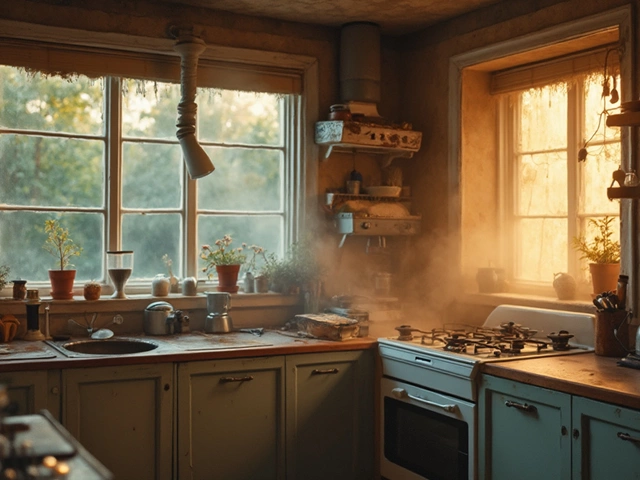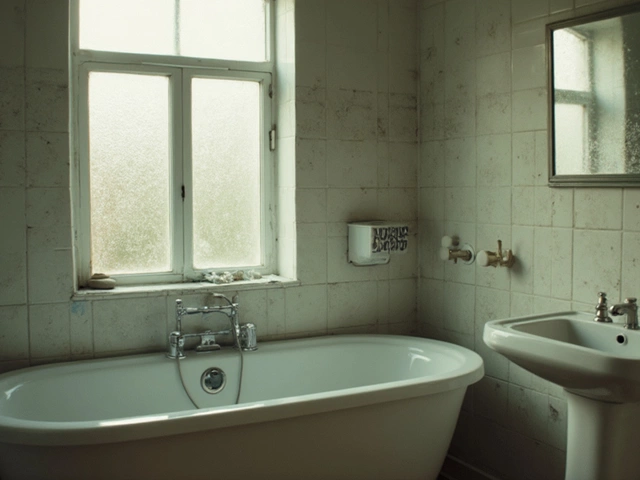If your cooker stopped heating or makes strange noises, you don’t have to panic. Most issues are caused by a few easy‑to‑spot problems, and you can often fix them yourself. Below you’ll find the most common reasons a cooker breaks, quick DIY fixes, and clear signs that it’s time to call an expert.
First, figure out what’s actually wrong. A faulty heating element is the #1 culprit for electric cookers that won’t get hot. Look for a burnt smell or a broken coil. Gas cookers usually suffer from blocked burners or a faulty igniter – a spark that won’t light the flame.
Another frequent issue is a broken control knob or a loose wire inside the cabinet. If the display flickers or the timer stops counting, the electronics might be at fault. Finally, everyday wear and tear, like cracked glass or a warped oven door seal, can reduce efficiency and cause uneven cooking.
1. Check the power supply. For electric models, make sure the plug is fully seated and the circuit breaker isn’t tripped. Reset the breaker and test the cooker again.
2. Test the heating element. Unplug the appliance, remove the element, and use a multimeter set to resistance mode. A reading of “infinite” means the element is broken and needs replacing.
3. Clean gas burners. Remove the burner caps, soak them in warm, soapy water, and use a soft brush to clear any debris. Re‑attach and try lighting the burner – a clean surface usually sparks correctly.
4. Inspect the igniter. If the spark button clicks but no spark appears, the igniter electrode may be cracked. Gently clean off any carbon buildup; if it’s still weak, replace it.
5. Tighten loose connections. Open the rear panel (after unplugging), look for any loose wires, and gently push them back into their terminals. A secure connection can solve random shutdowns.
When you’ve tried these steps and the cooker still misbehaves, it’s a sign the problem is deeper – possibly a faulty thermostat, a damaged control board, or a serious gas leak. Those issues need a qualified technician.
Remember, safety comes first. Never work on a cooker that’s still plugged in, and always turn off the gas supply before opening any gas components. If you feel unsure, call a professional. A quick call can save you time, money, and the risk of a bigger repair later.
Fixing a damaged cooker doesn’t have to be a nightmare. By checking power, cleaning burners, and testing key parts, you can solve most common problems. When in doubt, let an experienced repair service step in – they’ll get your kitchen back to normal quickly and safely.

Curious how to fix a broken cooker? Explore hands-on steps, common faults, safety tips, and tricks to get your appliance working again—no jargon, just practical advice.

Ovens are essential in any kitchen, but they can sometimes act up. Whether it's uneven cooking, a door that won't close, or strange noises, there's usually a straightforward explanation—and solution. This article delves into typical oven issues, offers handy tips to troubleshoot them, and suggests when it's time to call a professional. Knowing these basics can help keep your oven running smoothly.

If your extractor fan has suddenly stopped working, it's not just annoying but can lead to bigger problems like excess moisture and lingering odors. This article will delve into common issues with extractor fans and provide practical solutions you can try at home. Learn about potential causes, from power supply problems to sensor malfunctions, along with straightforward fixes. Some tips might even save you from calling in a professional. Get your fan back up and running with ease!

A reliable heat pump is essential for maintaining comfort in your home. Some signs indicate that your heat pump might need replacing, such as increased energy bills, inconsistent temperatures, strange noises, old age, and frequent repairs. Understanding these warning signs can help you decide if it's time to invest in a new system.

When it comes to microwaves, understanding their lifespan is crucial for homeowners looking to make informed decisions about maintenance and replacement. This article delves into the essential factors that affect the longevity of microwaves, offering practical tips on extending their lifespan and recognizing when it's time for a new one. You'll learn about common signs of wear and tear, the importance of proper usage, and how regular servicing can enhance performance. Discover how to keep your microwave running efficiently and what to do when repairs are inevitable.

Wondering if you actually need an extractor fan? This article unpacks whether having one is essential for your home, focusing on bathrooms, kitchens, and the impacts of poor ventilation. Get practical advice about when an extractor fan is a must, what can go wrong without one, and tips for repair and maintenance. Make sure your living space stays fresh, dry, and hassle-free. Say goodbye to foggy mirrors and damp smells.